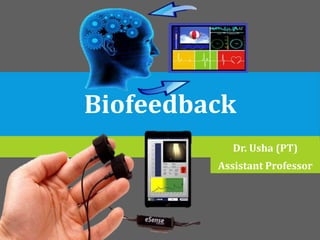qEEG works by placing small sensors on the scalp to record brain activity. These electrodes detect neural impulses produced by nerve cells, the units in the cerebrum that interact with one another. The information gathered is then processed and displayed as a set of patterns. Each kind of neural wave—such as α, beta, delta, and θ—relates to different mental conditions and activities. For example, alpha oscillations are commonly linked with calmness, while beta waves are associated to engaged thinking and issue resolution. By analyzing these patterns, clinicians can detect irregularities that may indicate mental health concerns.

One of the significant benefits of qEEG is its capability to offer objective data. Unlike conventional evaluations that depend on subjective accounts from clients, qEEG offers a clear picture of neural activity. This objectivity can assist minimize prejudices in assessment and lead to more accurate treatment strategies. For example, if a client is facing anxiety, qEEG can reveal specific patterns of brain function that are linked with stress conditions. This data allows psychological health experts to tailor interventions more effectively, whether it be through therapy, pharmaceuticals, or alternative approaches.
Moreover, qEEG can be particularly useful in monitoring treatment advancement. By performing qEEG evaluations at different points during therapy, clinicians can track variations in brain function over period. This continuous assessment assists ascertain if a treatment is effective or if adjustments are required. For instance, if a client is not reacting to a particular medication, qEEG may show that their brain activity has not changed in a way that indicates a great post improvement. This feedback loop can lead to more personalized and effective mental health care.
In conclusion, qEEG cerebral mapping is a powerful instrument in the field of psychological health evaluation. By providing objective data about brain activity, it enhances the understanding of various mental health conditions. This technique not only aids in accurate diagnosis but also helps in monitoring treatment effectiveness. As mental health professionals continue to explore the potential of qEEG, it holds promise for improving the well-being of people dealing with psychological health issues. With continuous investigation and progress in technology, the mysteries of the mind may turn more apparent, resulting to better results for those in need of support.